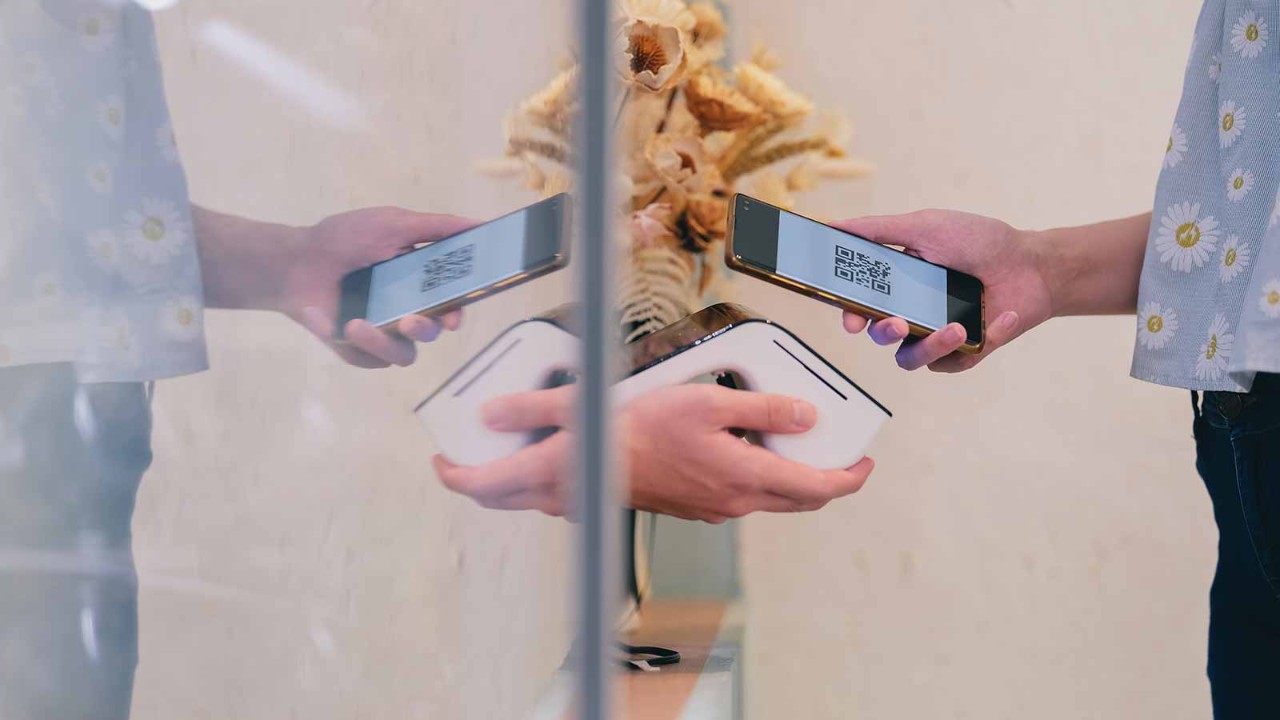
Cash-handling activities are manual and labour-intensive. The associated costs – such as counting, float management, depositing, reconciliation and balancing, and cash-in-transit (CIT) services – are significantly higher due to the intensive reliance on staff.
In the early 2010s, cash was still the main mode of payment for hospital bills at KK Women’s and Children’s Hospital (KKH) in Singapore. This reflected the situation in the wider society: a 2017 PayPal study indicated that 90% of Singaporeans surveyed preferred to use cash as their primary mode of payment, compared with only 25% of respondents in mainland China.
The hospital leveraged national efforts to go cashless, which focused on enticing consumers with incentives
Cash risks
The total time spent on cash management at KKH was estimated to be 10,628 hours per year. This came with associated risks:
- Cashiers would spend a considerable amount of time counting, balancing their cash drawers, reconciling physical collections against point-of-sale data, investigating discrepancies and preparing deposits.
- High cash floats introduced costs as well as the risk of counting errors and theft.
- Manual collection and handling of cash over the counter could result in counting errors and the risk of receiving counterfeit currency.
In tandem with Singapore’s Smart Nation and cashless society aspirations, and to optimise staffing and mitigate the identified risks, KKH embarked on its cashless journey in 2017.
The Covid-19 pandemic accelerated the adoption of digital payments in Singapore. By June 2021, only 1.5% of KKH’s payment transactions were made in cash and cheque, compared with 12.8% in June 2017 – a significant reduction in volume.
Transformative journey
KKH’s cashless journey was transformative as it brought benefits to operations, staffing and service quality:
- There has been a substantial reduction in costs.
- With no need for cashiers, counters can be reduced or removed entirely, with the space allocated for other uses.
- Productivity and job satisfaction have been enhanced, with staff able to perform other value-added services.
- Patients have been empowered, with greater accessibility, convenience and confidence in making digital payments.
Hybrid strategy
The hospital leveraged national efforts to go cashless, which focused on enticing consumers with incentives. While the younger generation embraced cashless payments, older people preferred to make cash payments, so KKH adopted a hybrid strategy, with the long-term intent to minimise or remove all physical cashier counters.
Early implementation of a digital payment has not only made bill payments easier but also helped keep patients safe
In June 2017, registration and payment terminals in the hospital were upgraded to become all-in-one terminals that included a contactless payment feature. In addition, patients could use self-service payment kiosks, SingHealth’s Mobile Pay via Health Buddy app or SingHealth websites, internet banking or AXS/SAM mobile apps.
A campaign was launched to incentivise patients, by offering free drinks, while public information described the benefits and availability of cashless payment methods. By August 2018, all 37 clinics and specialist centres had stopped routinely accepting cash or cheque payments.
Dealing with cash
Patients who insisted on cash payment were directed to five automated cash-recycling machines. Frequency of cash collection by Cash-in-Transit (CIT) vendor was also reduced from a daily to a weekly basis.
As well as reducing cash-handling costs by 60%, automation has also increased the visibility, accountability and accuracy of cash balances and enhanced physical security. By June 2021, credit card transactions had reached 60%, followed by transactions undertaken through e-payment service provider NETS at 20%, and online/mobile app payment at 18%.
The use of tamper-proof cartridges meant that staff no longer needed to handle cash. ‘I’m glad the hospital embarked on this cashless journey, as I am now not required to count float and handle physical cash,’ says Joanna Poh, senior patient service associate executive in KKH’s business office.
Improved patient experience
Before embarking on the cashless journey, the wait time for payment at outpatient clinics ranged from 20 to more than 45 minutes. Patient feedback indicated frustration, tiredness and time wasted.
As part of the journey, KKH enabled patients to pay later at digital self-service kiosks, online or by app. This had a positive impact on patient experience and also reduced the load borne by staff during peak periods. And the transformation continues: by the end of 2021, a dynamic QR code will be available on all patients’ bills, enabling them to make payments using various banks’ mobile payment applications.
Chong Shin Koon, a patient service associate executive, says: ‘The self-service kiosks have reduced the number of transactions at our payment counters, allowing my colleagues and I to better attend to patients’ enquiries.’
Sophia Tan, an obstetric patient at KKH, commended the variety of digital payment options available at the hospital. ‘The availability of self-payment kiosks and payment via SingHealth’s Mobile Pay have made paying bills easy and convenient for me,’ she says. ‘More importantly, it reduces the risk of infection due to human interaction at the counters, especially during the pandemic.’
Overall, KKH’s cashless journey has resulted in:
- staff savings of around S$127,000 per year
- over 60% cost reduction in CIT services
- over 60% reduction in cash floats
- elimination of risks associated with cash handling
- improved staff productivity and satisfaction
- improved patient experience, as payment can be made via a multitude of options.
Crucially, our initiatives have played a key role in the accelerated digital transformation that Singapore had to go through during Covid-19. KKH’s keen foresight and early implementation of a digital payment has not only made bill payments easier and more convenient for patients, but also helped keep them safe during this unprecedented time.



